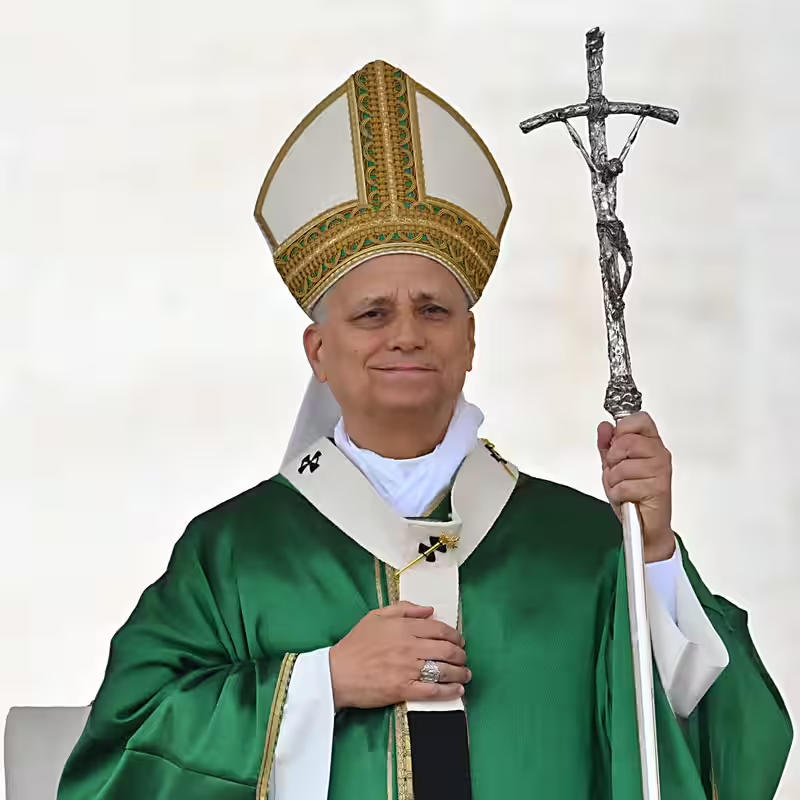Table of Contents
- A New Pope, a Familiar Mission
- What the Document Says About the Poor
- Continuity with Pope Francis—and Beyond
- Why This Message Matters in Today’s World
- Sources
A New Pope, a Familiar Mission
On October 9, 2025, Pope Leo XIV released his first major teaching as pontiff—and it landed with a clear, compassionate message: care for the poor is not optional—it’s central to being Christian.
Titled “I Have Loved You,” the apostolic exhortation is both a spiritual letter and a moral manifesto. It urges believers to see the poor not as distant strangers or policy problems, but as family—“one of us,” as the Pope writes.
What the Document Says About the Poor
Pope Leo’s teaching goes beyond charity. While he praises almsgiving and direct aid, he also calls for systemic change:
- “Fight against the structural causes of poverty and inequality.”
- Reject “ideologies that defend the absolute autonomy of the marketplace and financial speculation.”
- Oppose modern forms of slavery, including human trafficking, forced labor, and sexual exploitation.
- Stand with migrants and refugees, especially as deportation campaigns intensify in countries like the U.S.
“Charity is not optional but a requirement of true worship,” the document states—a line that echoes centuries of Catholic social teaching but feels urgently relevant in an age of rising inequality.
Pope Leo on Economic Justice
One of the most striking passages condemns what he calls “the dictatorship of an economy that kills.” He notes that while a minority’s wealth grows exponentially, “the gap separating the majority from prosperity” widens dramatically.
He doesn’t just lament this reality—he calls for a “change of mentality” and urges the use of technology and policy to dismantle unjust systems.
Continuity with Pope Francis—and Beyond
Pope Leo makes no secret of his debt to his predecessor. In fact, he reveals that Pope Francis had begun drafting this very exhortation before his death—and that Leo completed it, adding his own reflections.
“I am happy to make this document my own,” Leo writes, signaling both humility and alignment with Francis’s legacy of mercy, environmental care, and advocacy for the marginalized.
This continuity extends beyond words. Earlier this month, Leo delivered a major speech on the environment, and just this week, he urged U.S. bishops to defend immigrants amid the Trump administration’s aggressive deportation efforts.
Why This Message Matters in Today’s World
In a global climate marked by polarization, economic anxiety, and humanitarian crises, Pope Leo’s message is both countercultural and timely.
His insistence that “no Christian can regard the poor simply as a societal problem” challenges believers—and societies—to move beyond charity-as-afterthought and embrace justice as a core value.
Notably, Leo signed the document on October 4—the feast day of St. Francis of Assisi, the patron saint of the poor and namesake of Pope Francis. The symbolism is unmistakable: this papacy is building on a foundation of radical compassion.
As the world watches how the Catholic Church navigates political pressures, economic upheaval, and migration crises, Pope Leo’s first teaching offers a moral compass—one rooted not in power, but in proximity to the poor.




